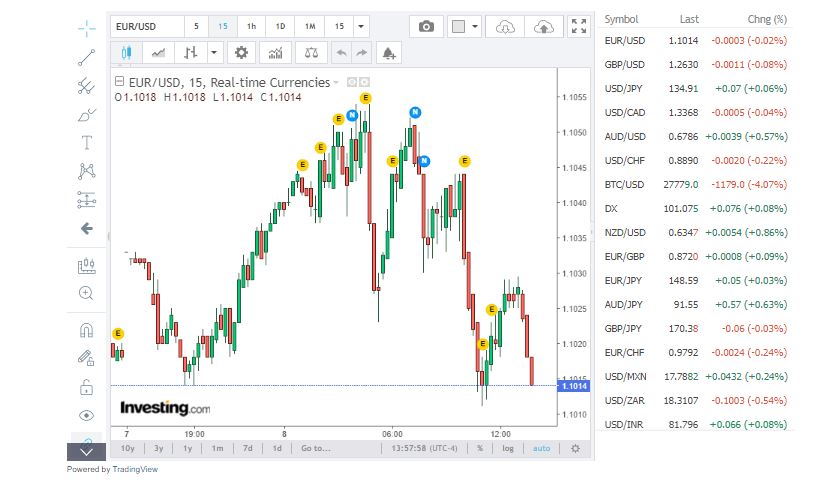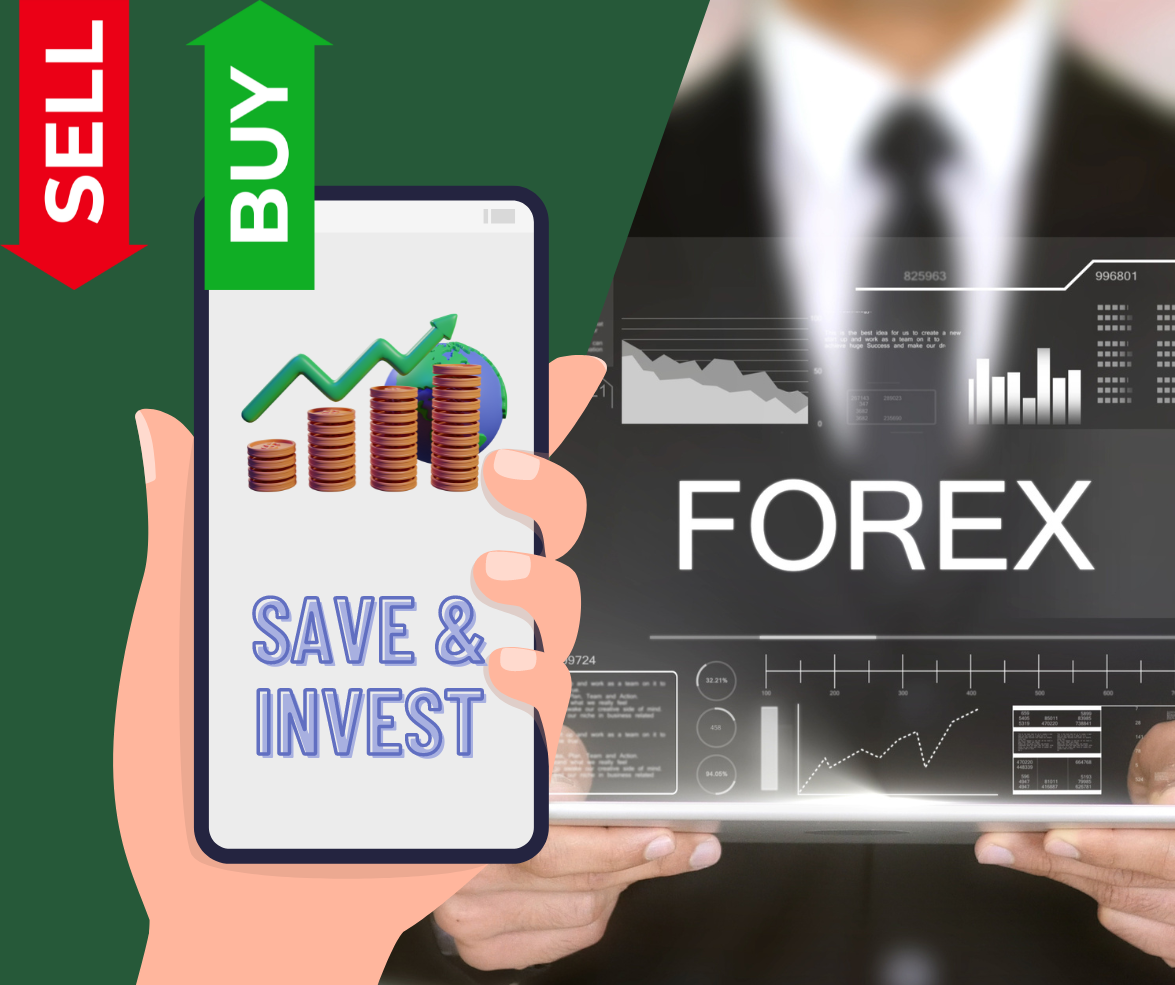Trading in Foreign Exchange
Foreign exchange, or forex, refers to the global market where currencies are traded. Forex trading entails simultaneously purchasing one currency and selling another in order to profit from changes in the exchange rates between the two currencies.
Forex traders evaluate the market and make trading decisions using a number of tools and approaches. These are technical analysis (studying charts and price patterns to detect trends and potential trading opportunities) and fundamental analysis (studying economic and political issues that can impact currency prices).
Currency exchange rates are influenced by a variety of factors, including global economic circumstances, interest rates, political developments, and natural disasters. To make good trades, forex traders must be aware about these elements and keep up with the newest news and trends.
Reading about forex can teach you about different trading strategies, risk management techniques, and technical indicators. It may also entail keeping up with global economic and political happenings, which can have a substantial impact on currency prices. Books, articles, webinars, and online courses are among the various materials available online and in print to help traders learn about forex trading.
Visit Forex : https://www.forex.com/en/
How to Begin Trading Forex
To begin forex trading, you must have a combination of information, abilities, and practice. Here are some general starting points:
- Educate yourself: It is critical to understand the fundamentals of forex trading, including terminology, methods, and risk management. There are several internet resources available, such as tutorials, articles, videos, and forums.
- Select a broker: A forex broker is a middleman who provides a trading platform. Select a reliable broker who is licensed and regulated by a financial institution. Spreads, leverage, deposit/withdrawal options, customer support, and trading platforms are all important considerations. https://www.forex.com/en/trading-platforms/more-services/introducing-brokers/
- Create a trading account: After you’ve decided on a broker, you’ll need to create a trading account. Most brokers provide a variety of account kinds, including demo, micro, mini, and standard. Select the account that best meets your requirements and budget.
- Fund your account: In order to begin trading, you must first deposit funds into your trading account. Most brokers accept credit/debit cards, bank transfers, and e-wallets as payment methods.
- Select your trading strategy: Fundamental analysis, technical analysis, and algorithmic trading are just a few of the trading tactics available. Choose a plan that fits your personality, goals, and level of experience.
Use a demo account to practice trading: Most brokers provide demo accounts that allow you to practice trading with virtual funds. Use a demo account to practice your strategy, learn the platform, and gain expertise without putting real money at risk.
Begin trading: After gaining some expertise and confidence, you can begin trading with real money. Begin with little amounts and progressively raise your position size as you gain experience.
Remember that forex trading is a sophisticated and risky activity that demands discipline, patience, and ongoing education. Never invest more than you can afford to lose, and always manage your risks properly.
Steps to create Forex Account
The following are the general stages for opening a forex trading account:
- Investigate and select a reliable forex broker: There are numerous forex brokers available online, therefore it is critical to conduct research and select a trustworthy and dependable one. Look for a broker who is regulated and licensed in your nation by a respected financial body. Ex : https://www.investing.com/charts/forex-charts
- Sign up for an account: Once you’ve decided on a broker, you can open an account on their website. Typically, this entails supplying personal information such as your name, address, and contact information.
- Check your identity: Most forex brokers need you to provide a government-issued ID and proof of address in order to comply with anti-money laundering requirements.
- Fund your account: After your account has been verified, you must fund it in order to begin trading. Transfer monies from your bank account or credit/debit card to your trading account to accomplish this.
- Download and install trading platform: The majority of forex brokers have their own trading platform, which you can download and install on your computer or mobile device. You must configure the platform and log in with your account information.
- Begin trading: You can begin trading FX once your account has been funded and your trading platform has been configured. However, it is advised to begin with a trial account to become acquainted with the trading interface and practice trading without risking real money.
Forex Chart

Source : https://www.investing.com/charts/forex-charts
It is crucial to remember that the specific stages will differ based on the forex broker and the country you are in. Make sure to thoroughly read and follow the guidelines supplied by your chosen broker.


0